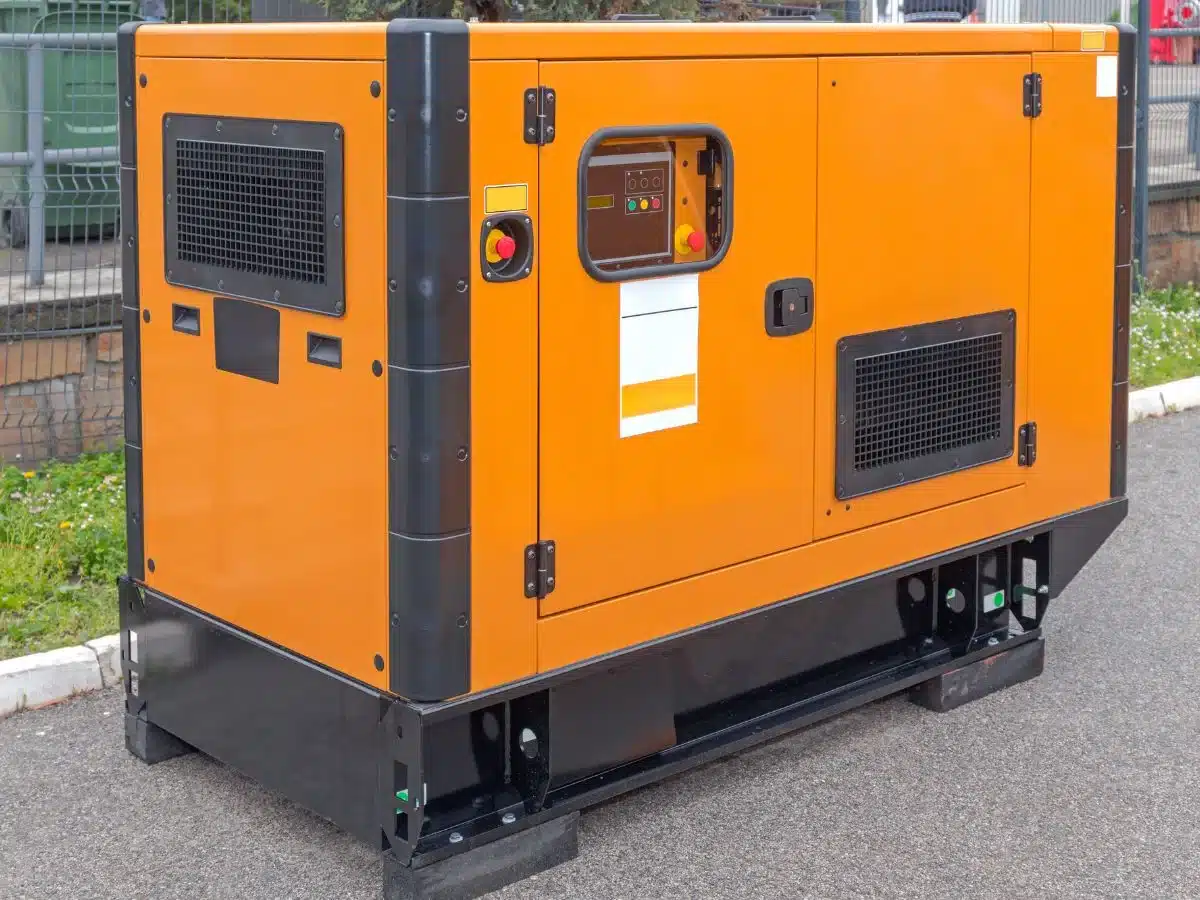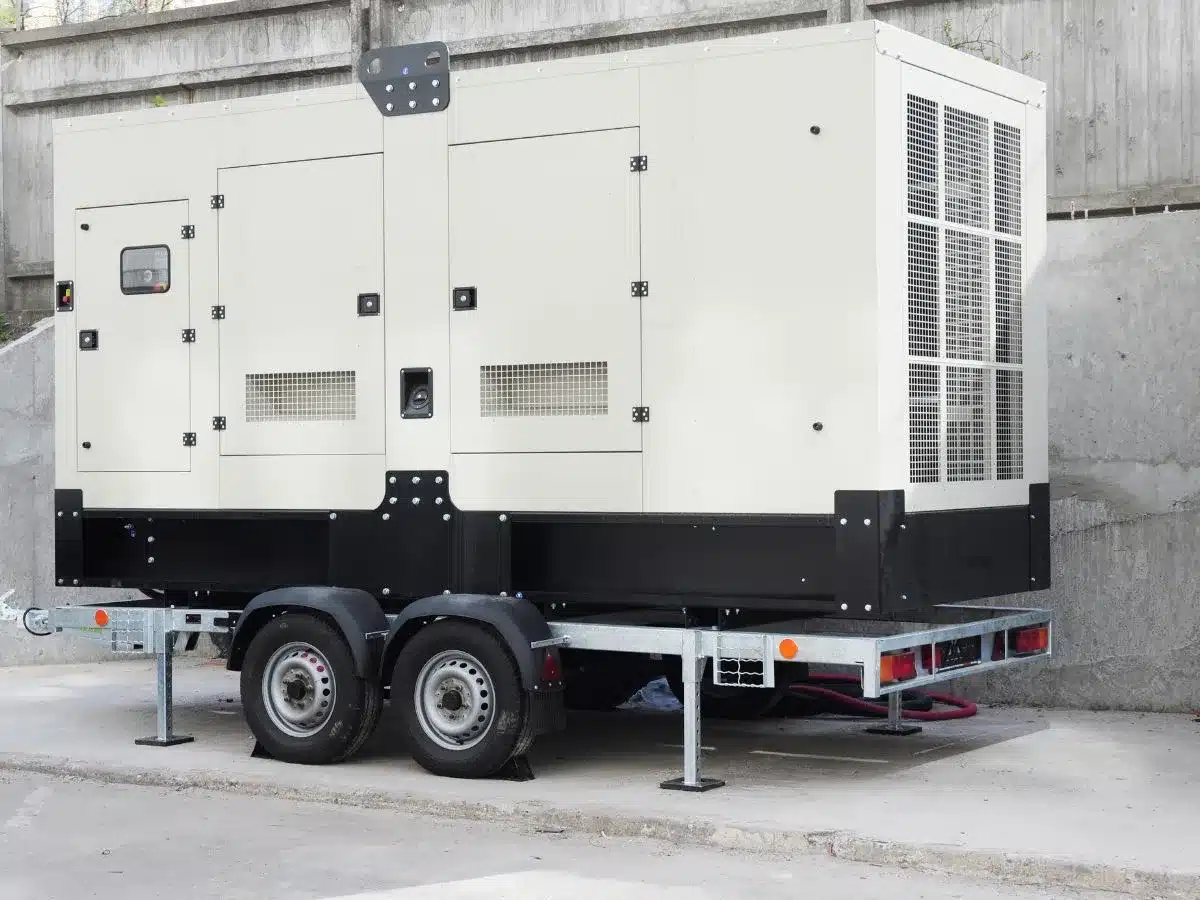Fuelling Power with Electricity Generator: How Generators Generate Electricity
Electricity is an integral part of modern life, powering homes, businesses, and industries around the clock. But have you ever wondered how an electricity generator works to supply this essential energy? From backup power during outages to serving as the main energy source in remote areas, generators play an important role in ensuring a seamless power supply. Let’s dive into how electricity is generated, the mechanics of a generator, and the importance of generator maintenance services to keep your power systems running efficiently.
How is Electricity Generated?
Electricity generation is the process of converting mechanical energy into electrical energy. This principle is based on electromagnetic induction, which Michael Faraday discovered in 1831. Faraday found that moving a conductor, such as a wire, through a magnetic field induces an electrical current in the conductor.
This concept forms the foundation of how electricity generators work. In large power plants, turbines driven by water, steam, wind, or gas are connected to generators. The mechanical motion of these turbines is converted into electricity distributed through the power grid. Portable and standby generators function similarly but on a smaller scale, providing electricity directly to homes or businesses during power outages.
How Does a Generator Work?
An electric generator is a device that converts mechanical energy into electrical energy using electromagnetic induction. To understand how it works, let’s break it down into its essential components:
- Engine: The engine serves as the mechanical energy source. It runs on gasoline, diesel, natural gas, or propane. Solar or wind power can also act as the energy source for renewable energy generators.
- Alternator: The alternator, or generator head, converts mechanical energy into electrical energy. It consists of a rotor (moving part) and a stator (stationary part). When the rotor spins inside the stator, it creates a magnetic field that induces an electric current.
- Fuel System: The fuel system stores and supplies fuel to the engine to ensure consistent operation.
- Voltage Regulator: This component controls the voltage of the electricity produced, ensuring that the generator delivers a stable power output suitable for various devices and appliances.
- Cooling and Exhaust Systems: Generators produce heat during operation. The cooling system prevents overheating, while the exhaust system safely expels harmful gases like carbon monoxide.
- Battery and Starter: The battery powers the starter motor to turn on the generator engine.
- Control Panel: It allow users to operate and monitor the generator. It often includes controls for voltage regulation, fuel levels, and safety features.
- Frame: The frame houses and protects all the components, ensuring durability and stability during operation.
How It Works: Generator Operation
When a generator is started, the engine begins running, consuming fuel to produce mechanical energy. This mechanical energy rotates the rotor within the alternator, creating a magnetic field. The interaction between the magnetic field and the stator generates an electric current. The voltage regulator then regulates this electricity and delivers it to connected devices or appliances.
Generators can provide alternating (AC) or direct (DC) electricity. Most household and commercial generators produce AC power since it is compatible with the standard electrical grid.
Types of Generators
Generators come in various types, each designed for specific needs:
- Portable Generators: Compact and easy to transport, these generators are ideal for temporary power needs, such as outdoor events or emergency backup.
- Standby Generators: Installed permanently, these generators automatically activate during power outages, ensuring uninterrupted electricity for homes and businesses.
- Inverter Generators: Known for their quiet operation and fuel efficiency, inverter generators produce clean electricity suitable for sensitive electronics.
- Industrial Generators: These heavy-duty generators are designed to provide large-scale power for industries, hospitals, and other critical operations.
The Importance of Generator Maintenance Services
Generators require regular maintenance to function effectively and reliably like any mechanical device. Neglecting maintenance can reduce efficiency, cause unexpected breakdowns, and cause costly repairs. Here are some key benefits of investing in professional generator maintenance services:
- Enhanced Performance: Regular maintenance ensures your generator operates at peak performance, delivering consistent power output.
- Increased Lifespan: Routine servicing prevents wear and tear, prolonging the life of your generator.
- Fuel Efficiency: A well-maintained generator consumes less fuel, saving you money in the long run.
- Preventive Repairs: Maintenance helps downtime and repair costs by spotting possible problems before they become serious ones.
- Safety Assurance: Regular checks ensure that safety features, such as carbon monoxide detectors and cooling systems, protect you and your property.
To keep your generator in top condition, schedule regular inspections, oil changes, and part replacements as the manufacturer recommends. Partnering with experts like Florida Power Solutions ensures comprehensive care for your generator, keeping it ready to deliver power whenever needed.
Why Choose Florida Power Solutions for Generator Maintenance Services?
At Florida Power Solutions, we specialize in providing reliable generator maintenance services tailored to your needs. Our technicians are equipped to monitor all types of generators, ensuring optimal performance and efficiency. Whether you require proper maintenance, emergency repairs, or new generator installation, we’ve got you covered. We understand the necessity of a dependable power supply, and our goal is to ensure that your generator delivers uninterrupted electricity when you need it most.
Powering our life with electrical energy, electricity generators are engineering marvels that convert mechanical energy. Understanding how generators work deepens our appreciation for this technology and highlights the importance of proper maintenance to ensure their reliability.
Owning a standby generator for constant backup power or a portable generator for sporadic use requires regular maintenance. Rely on the professionals at Florida Power Solutions for the best generator maintenance services to keep your power systems running smoothly and efficiently. Don’t wait for a power outage to realize the value of a well-maintained generator—invest in your energy security today!





